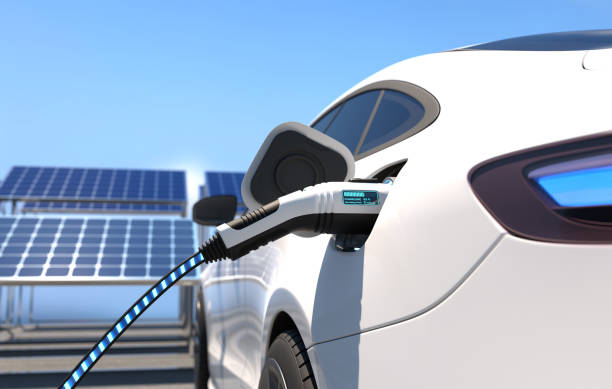According to a report by the Society of Indian Automobile Manufacturers (SIAM), India has to considerably increase its workforce in the electric vehicle (EV) sector, doubling the current annual addition of EV-ready people from 15,000 to 30,000 in order to fully localize EV components by 2030.

India Needs to Double EV Workforce to 30000
The ‘EV Skill Gap Study,’ which was issued by SIAM on Tuesday, indicates that, excluding shop floor and contractual employment, the EV revolution is expected to produce about 200,000 direct jobs. It is estimated that acquiring and training this workforce will require a total of Rs 13,552 crore in talent investment.
Principal Results of the Research
Annual Workforce Requirement: –
- To achieve the government’s goal of 30% adoption of electric vehicles by By 2030, the Indian automobile sector could require as many as 200,000 highly qualified workers.
- In order to reach the 2030 target, India must increase the number of EV personnel it employs annually from 15,000 to 30,000.
Skill Development and crossover: –
- The report highlights that there is little crossover in 43% of the technical competences between Internal Combustion Engines (ICE) and Electric Vehicles (EVs),
- requiring talent to be retrained. On the other hand, there is a significant overlap of 27% of the competences, which can call for retraining current personnel.
Investment in Talent: –
- Training expenses are estimated to be roughly Rs 5,881 crore, while hiring expenditures are estimated to be Rs 7,671 crore.
- It will cost around Rs 13,552 crore to invest all of the talent needed to complete the localization process.
Education and Infrastructure, India Needs to Double EV Workforce to 30000
- The research highlights the necessity of 60 Automotive R&D facilities by 2030.
- Currently, just 57.44% of B.E. and B. Tech graduates are considered employable; the percentage drops even worse for those with EV and digital technology specializations.
- The survey suggests that top engineering colleges solve a 38% teacher shortage and update the curriculum across 15 skills. Reputable EV educators frequently favor jobs in the sector over teaching employment.
Official Publication
- At a workshop hosted by SIAM, Union Minister of Heavy Industries and Steel HD Kumaraswamy presented the report. The results highlight the critical need for calculated steps to close the skills gap and facilitate India’s 2030 transition to a fully localized EV economy.
- India can not only achieve its ambitious EV ambitions but also generate significant job growth by tackling these issues and tripling the number of workers prepared for electric vehicles. prospects and encourage technical innovation in the automobile industry.
Account opning link:
- Groww Account- https://app.groww.in/v3cO/kyrp1zph
- Kotak neo Account https://kotaksecurities.ref-r.com/c/i/32531/109103906
Table of Contents

My name is Nitesh kumar and i am a Engineer but i have passionate in blogging, so these website updates day to day publish in stocks news and ipo’s and business related news update.
“Stock24News.com is your premier source for real-time financial updates and market insights. Stay informed with our expert analysis and comprehensive coverage of global stock trends.”
Thanks for your visiting in stock24news.com
